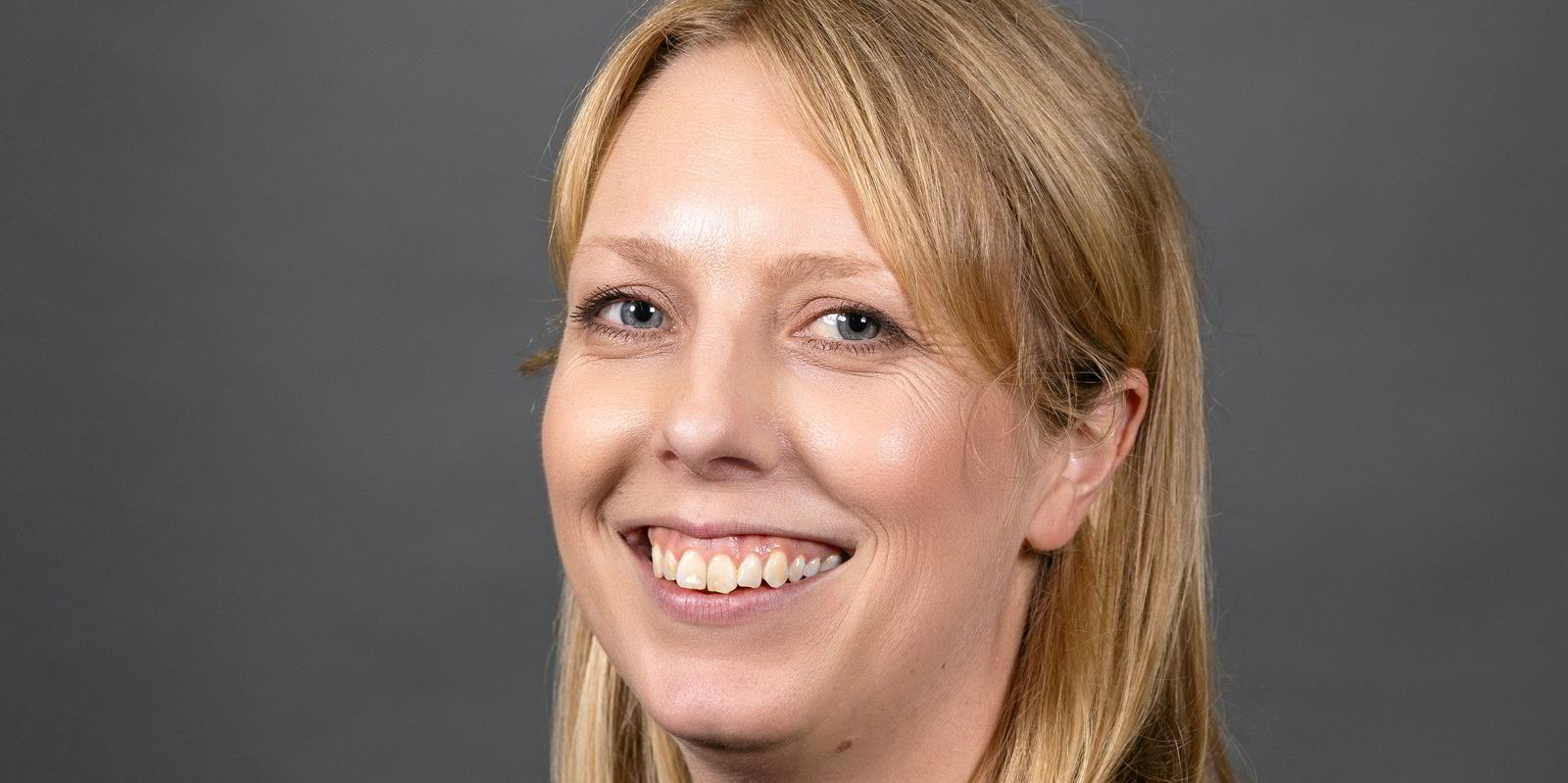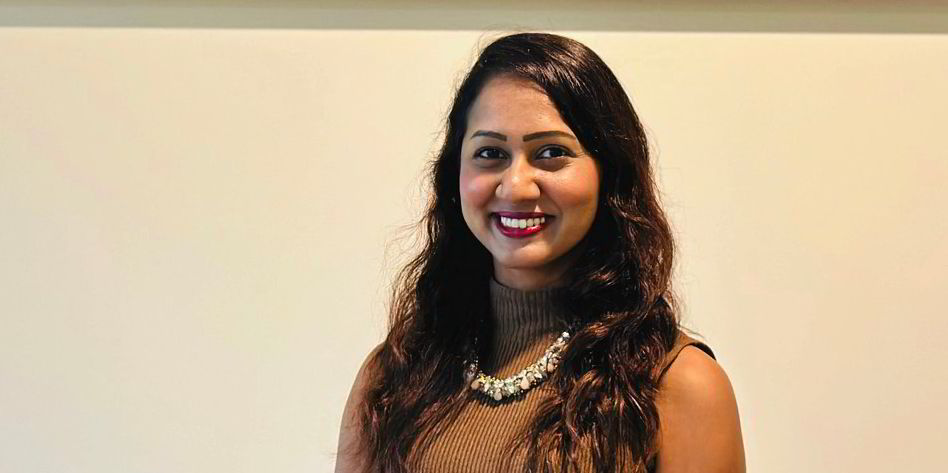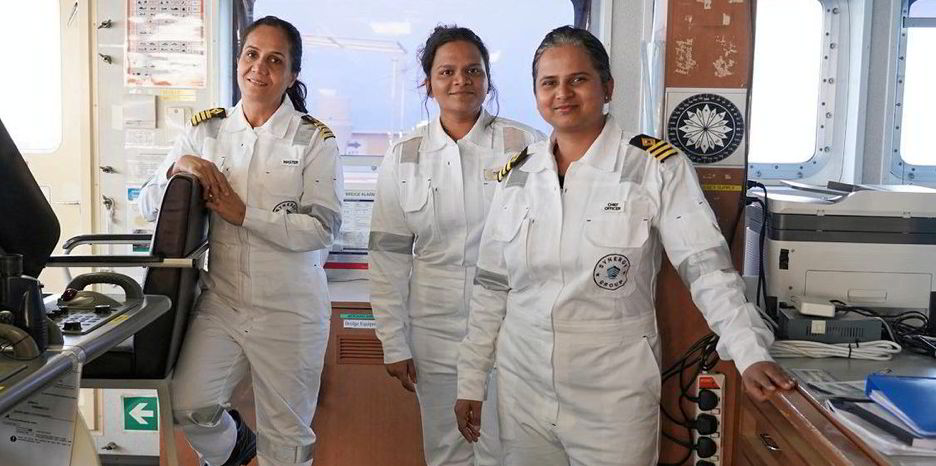What do we mean by women in maritime? What change is needed?
Only 1.2% of the global seafaring workforce are female. Only. That is a figure that makes you stop and think. But what of the wider maritime industry, not just those working at sea, but people whose livelihoods also depend upon it? —
Women whose careers support it, and without whose expertise it could not function as well, if at all.
What is known of these “hidden” women working across the sector, what challenges do they face and how can we ensure that more women are encouraged to join the profession now and into the future?
The RWM project has really struck a chord and inspired our partners in the shipping industry and beyond — evident in the growing interest and wide range of people that want to be involved.
Our current partners number over 25 ranging from the big players such as the International Maritime Organization, the International Chamber of Shipping and Women’s International Shipping & Trading Association (WISTA UK), to maritime charities, law firms and academic experts such as Dr Helen Doe.
She is the author of Enterprising Women and Shipping in the Nineteenth Century (Boydell Press, 2009) and vice chair of the British Commission for Maritime History. Helen notes that “women have always played an important part in the maritime sphere… but finding them is the hard part”.
Finding them, and acting
The RWM project is collating material that is spread across archives, beginning within those in the City of London, and then expanding to the UK and Ireland, and, from 2024, will be launching internationally, so that accounts of women in the shipping industry can be identified and placed in the public domain for the first time.
We know that we are not the first project to investigate the history of women in maritime. There is a range of excellent scholarship and research in the space already. But the history of women in maritime is often piecemeal. Often overlooked. By drawing it together in one place as well as uncovering new stories, the extensive research and interpretation project will generate plenty of material to engage a global audience.
A key theme is diversity, equality and inclusion. Through ensuring that forgotten voices are heard, stories generated by the project can highlight the many opportunities presented by a maritime career.
The objectives of the project are clear — to raise the profile of female shipping and maritime expertise by reframing the narrative. By promoting gender equality, diversity and inclusion and showcasing current day initiatives and challenges in the sector, RWM is a powerful way to initiate change. Something that researcher Dr Jo Stanley has a special interest in are “the stories of people who have led marginalised lives in the past — and sought adventure, freedom and the space to be all they are, and might become”.
There are so many interesting and often unseen roles across the maritime industry. There are also some fantastic role models that we can promote through the initiative. These are being captured and shared through the She_Sees creative project, which will retell the stories of current women in the maritime industry, weaving them together with the past through a conceptual visual approach. This and the first year of RWM will be showcased at an exhibition during London International Shipping Week, taking place from 11 to 15 September.
Through the RWM initiative, we are highlighting and sharing maritime opportunities with new global audiences. Those include opportunities such as the IMO’s Maritime SheEO leadership accelerator programme, which aims to give women the confidence to take a seat at the shipping decision-making table.
Through sharing stories, and changing perspectives, together we can promote the need for change in the maritime sphere.
Louise Sanger is head of research, interpretation & engagement
for the Lloyd’s Register Foundation Heritage & Education Centre
Do you have an opinion to share?
Email: news@tradewindsnews.com





